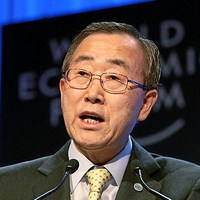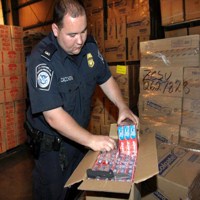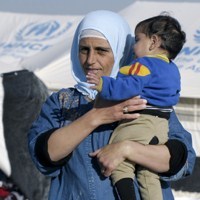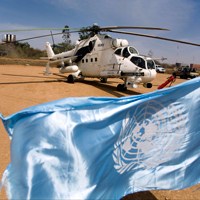
After two weeks of slaughter in South Sudan, UNMISS, the United Nations peacekeeping mission in the country, faces three possible scenarios: fragile success, prolonged agony and decisive failure. In the first and best scenario, the mission will manage to hold together militarily long enough for more-or-less sincere political talks to end the violence. In the second, it might muddle through in the face of half-hearted negotiations and spasmodic but serious violence, trying to save as many lives as possible. The third, worst-case scenario would involve the fragmentation and rout of UNMISS after repeated attacks on its bases, personnel and convoys. […]








